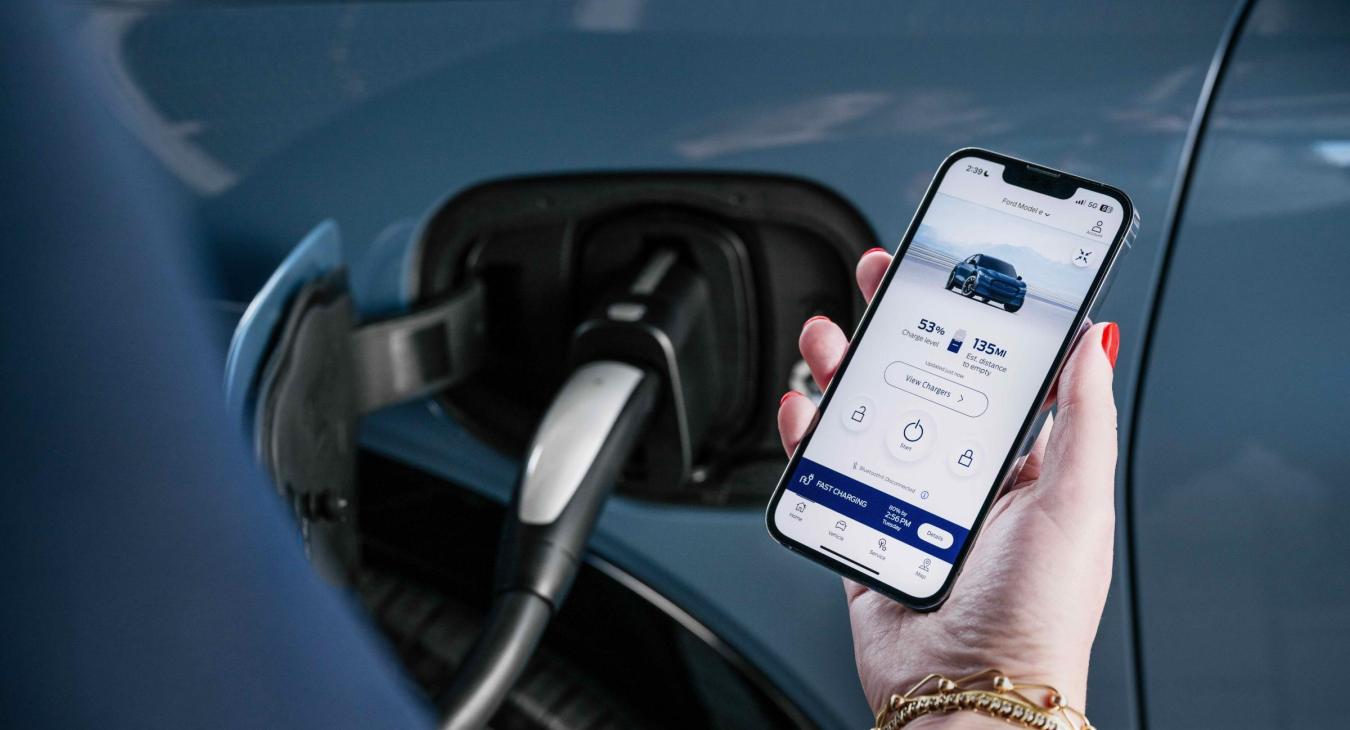By Jennah Denney
The automotive industry is undergoing a transformative shift as many consumers are making the switch to electric vehicles. Electric vehicles, or EVs, offer numerous benefits, from environmental sustainability to cost savings.
Transitioning to an EV requires careful consideration of multiple factors. The following list overviews key aspects of EV ownership and can help you make an informed decision based on your specific needs.
EV Knowledge: Familiarize yourself with EV basics. Understand the differences between Battery Electric Vehicles (BEV), Plug-in Hybrid Electric Vehicles (PHEV) and Fuel Cell Electric Vehicles (FCEV). Consider your daily, monthly and annual driving needs and evaluate each option.
Driving Range: Evaluate the EV’s driving range when fully charged to ensure it aligns with your daily commute. We often think about a summer road trip for our driving needs, but it’s important to remember there are other options for infrequent, long-distance travel.
Home Charging: Determine if you will need to install a Level 2 charger and if your home's electrical system is compatible. By evaluating your whole home energy use, you can determine if electrical panel upgrades are necessary for a Level 2 system. Level 1 chargers typically do not require upgrades.
Public Charging Options: Research the availability of public charging stations along your typical routes.
Cost Comparisons: Compare EV prices from multiple dealerships. Sticker prices are higher upfront, but EVs have proven to be cost effective due to reduced maintenance and fuel costs
Financial Incentives: Explore federal, state and local incentives available for EV purchases. Check with your public power district or electric co-op to see if they offer incentives or special rates for EVs.
Maintenance: EVs typically require less maintenance than conventional vehicles, which can lead to long-term savings. EVs have far fewer moving parts than combustion-engine vehicles, resulting in a streamlined maintenance experience.
Battery Warranty: Ensure the EV battery includes a substantial warranty. Most manufacturers offer eight-year warranties (or up to 100,000 miles). If you’re considering managed charging or bi-direction power flow (V2X) programs, take these warranties into account. V2X programs facilitate a bi-directional power flow between EVs and the power grid, which is highly beneficial for co-op members who own an EV. These programs allow EV owners to sell power back to the grid during periods of high electricity demand. Participation in these programs may impact your vehicle’s warranty, so it’s recommended to consult the warranty documentation before participating in a V2X program.
Insurance Implications: Consult with your insurance provider to review potential changes to your policy when owning an EV.
Fees: Some plug-in electric vehicles are subject to additional fees to compensate for road tax revenue that is typically collected from gasoline taxes. Additionally, you may have to pay a higher vehicle registration fee for EVs and hybrid vehicles. It’s important to be aware of these potential fees when considering the total cost of ownership for an EV.
EV ownership offers many benefits. EVs often have fewer restrictions in High Occupancy Vehicle (HOV) lanes, allowing for quicker commutes. EVs are exempt from certain inspections due to their lack of an internal combustion engine, and they require no oil changes, leading to lower maintenance costs. And owning an EV is a fun experience––drivers can enjoy a fast-accelerating, quieter ride.
If you’re interested in an EV, reach out to your public power district or electric co-op. Many rural electric utilities offer "ride and drive" events, home charging programs and more, allowing members to gain firsthand experience and determine if an EV is right for them.

